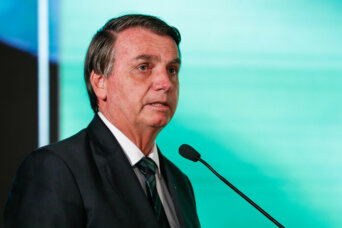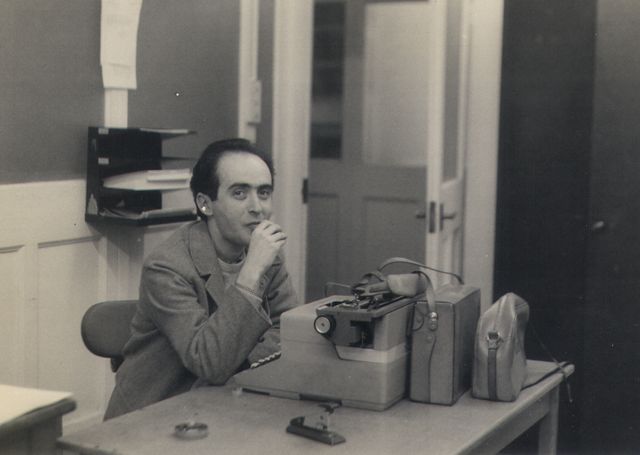- About
- Topics
- Picks
- Audio
- Story
- In-Depth
- Opinion
- News
- Donate
- Signup for our newsletterOur Editors' Best Picks.Send
Read, Debate: Engage.
| topic: | Election |
|---|---|
| located: | Brazil |
| editor: | Ellen Nemitz |
When the Covid-19 pandemic broke out over a year ago, not even scientists and health workers were sure about how the disease would affect each patient or how long it would take to develop treatments and vaccines.
However, there was some consensus among most countries’ leaders: the virus was not just a “flu”, and as there were no scientifically-proven treatments at that point, social distancing and face masks were the only effective measures to battle the pandemic; vaccines, when approved, would be the best way to overcome the crisis.
Brazilian President Jair Bolsonaro denied all of them.
Bolsonaro had invested in the purchase of hydroxychloroquine and other medicines not indicated for Covid-19, repeatedly gathered in crowds without protection, spread misinformation about vaccines and fired whoever tried to follow scientific rules.
To this day, after nearly 450 thousands deaths, Bolsonaro cannot admit his mistakes.
The Brazilian response to the pandemic, however, is being scrutinised by the Congress House. The Parliamentary Inquiry Committee (CPI, in Portuguese) that investigates the pandemic policies and response is listening to the key actors of the process, such as former Health Ministers (there were three in just one year) and even a representative of Pfizer. Bolsonaro is accused of ignoring several vaccine offers from Pfizer, which would allow Brazil to have some 70 million doses - some of them as early as December.
Senator Renan Calheiros, who leads the investigation, highlighted the “denial of [pandemic] denialism” during testimonies in an interview with El País. According to him, it will be necessary to confront the versions to pursue the truth. He guaranteed that the result of the CPI will be unprecedented and that it will clarify how the pandemic was fought, if there are specific individuals who had neglected their responsibilities and how many deaths could have been prevented.
Expectations around the CPI, which also tries to figure out the responsibilities on other related tragedies, such as the oxygen shortage in Manaus, vary among Brazilians: some people believe this investigation is going to lead nowhere, while others foresee a punishment to those involved.
It may be too early to predict the results, but one thing is certain: Bolsonaro’s popularity is increasingly limited to a small group of extremist voters, and this can be a sign of a possible loss in the next year’s election.
While Bolsonaro’s incompetence in handling the pandemic comes under the spotlight, the presidential runoff has informally begun. Since former president Luiz Inacio Lula da Silva had his charges nullified and had returned to the political arena, polls indicate a change in the trend of the 2022 elections: at the moment, Lula would win in the second round.
There are parallel candidates kicking off informal campaigns, but Lula is gathering support from different political groups, not only leftist ones (even former president Fernando Henrique Cardoso, who ran the country in the 1990s - representing the most iconic right wing party at the time - declared his support).
This is a sign of how the 2022 elections may see the victory of different politicians; one who otherwise would have remained in their own parties and groups, but would step up to beat a multi-faceted threat to the country and its people.
May this investigation committee be the first step towards the end of a tough period of science denialism and the deliberate undermining of public health and human rights.
Image: Palácio do Planalto

